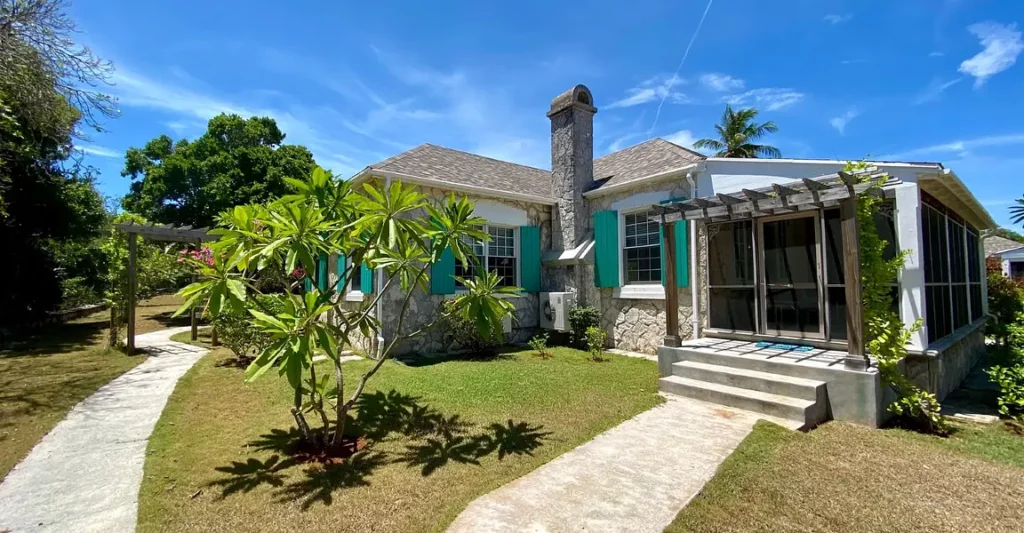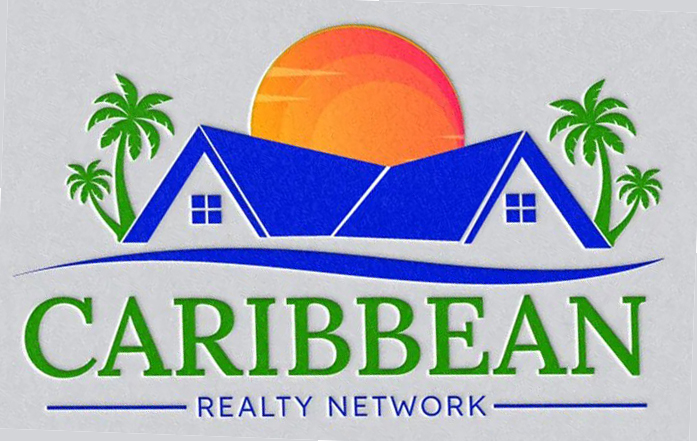Buy
Buying Real Estate in the Caribbean
A Comprehensive Guide
The Caribbean, with its turquoise waters, pristine beaches, and vibrant cultures, is a dream destination for many. Owning a piece of this paradise is not just an indulgence but a smart investment. This guide covers all aspects of buying real estate in the Caribbean, from choosing the right island to understanding legal procedures.

This extensive guide provides a thorough overview of the process of buying real estate in the Caribbean, tailored to both personal and investment buyers. It's informative, reassuring, and a valuable resource.
Understanding the Caribbean Real Estate Market
Diversity of Options: The Caribbean consists of a variety of islands, each with its unique flavor. From the bustling markets of Jamaica to the serene beaches of the Turks and Caicos, the real estate market in the Caribbean offers something for everyone.
Market Trends: Real estate in the Caribbean is often seen as a stable investment, with certain islands offering high rental yields and appreciating property values.

Choosing the Right Location
Lifestyle Preferences: Your choice of location should align with your lifestyle. Are you looking for a bustling city, a tranquil beachfront, or a secluded hillside?
Investment Goals: If your purchase is investment-driven, consider locations with high tourist traffic or emerging markets with potential for growth.
Budgeting and Financing
Understanding Costs: Apart from the purchase price, factor in additional costs such as stamp duty, legal fees, and real estate agent fees.
Financing Options: While some Caribbean islands allow foreigners to obtain mortgages, the terms and availability can vary significantly. It’s often recommended to secure financing from your home country.
Budgeting and Financing
Understanding Costs: Apart from the purchase price, factor in additional costs such as stamp duty, legal fees, and real estate agent fees.
Financing Options: While some Caribbean islands allow foreigners to obtain mortgages, the terms and availability can vary significantly. It’s often recommended to secure financing from your home country.
Navigating Legal Requirements
Ownership Laws: Some Caribbean countries have restrictions on foreign ownership, while others offer programs like Citizenship by Investment.
Legal Assistance: Engage a reputable local attorney to navigate the legal intricacies of buying property in the Caribbean.
The Buying Process
Property Search: Start with a comprehensive search, either online or by visiting the islands. Hiring a local real estate agent can provide access to more listings and local insights.
Inspections and Valuations: Once you’ve chosen a property, conduct thorough inspections and appraisals to ensure the property’s value and condition.
Making an Offer and Negotiating: Make an informed offer based on market analysis. Be prepared for negotiations, a common practice in the Caribbean real estate market.
Closing the Deal
Due Diligence: Before finalizing, ensure all due diligence is complete, including title checks and property surveys.
Closing Costs: Be prepared for closing costs, which can range from 5% to 10% of the property’s purchase price.
Final Transactions: The final step involves signing contracts and transferring funds, often held in escrow until all legalities are completed.
Post-Purchase Considerations
Property Management: For those not residing full-time, consider hiring a property management company to maintain and rent out the property.
Insurance: Property insurance is vital, especially considering the Caribbean’s susceptibility to hurricanes.
Tax Implications: Be aware of local property taxes and any tax obligations in your home country related to foreign property ownership.
Living in the Caribbean
Cultural Integration: Embrace the local culture and community to enrich your Caribbean living experience.
Residency Permits: Depending on the length of your stay, you may need to apply for a residency permit.
Conclusion
Buying real estate in the Caribbean can be a rewarding venture. Whether it’s for personal enjoyment, a retirement plan, or an investment, the key is thorough research and understanding the nuances of the local market. With the right preparation and guidance, you can successfully navigate the path to owning your Caribbean dream property.
Quick Links
Email Business
2023 Caribbean Realty Network, LLC.

